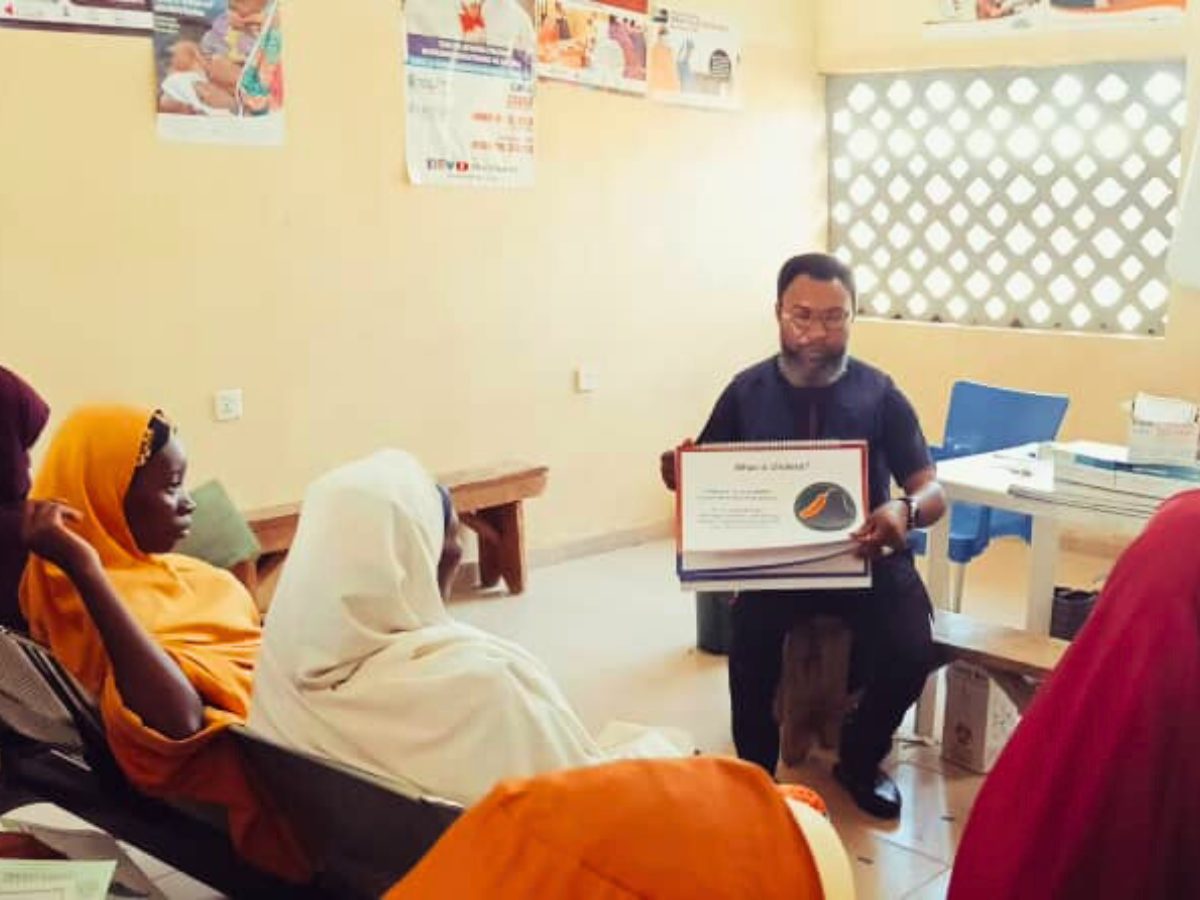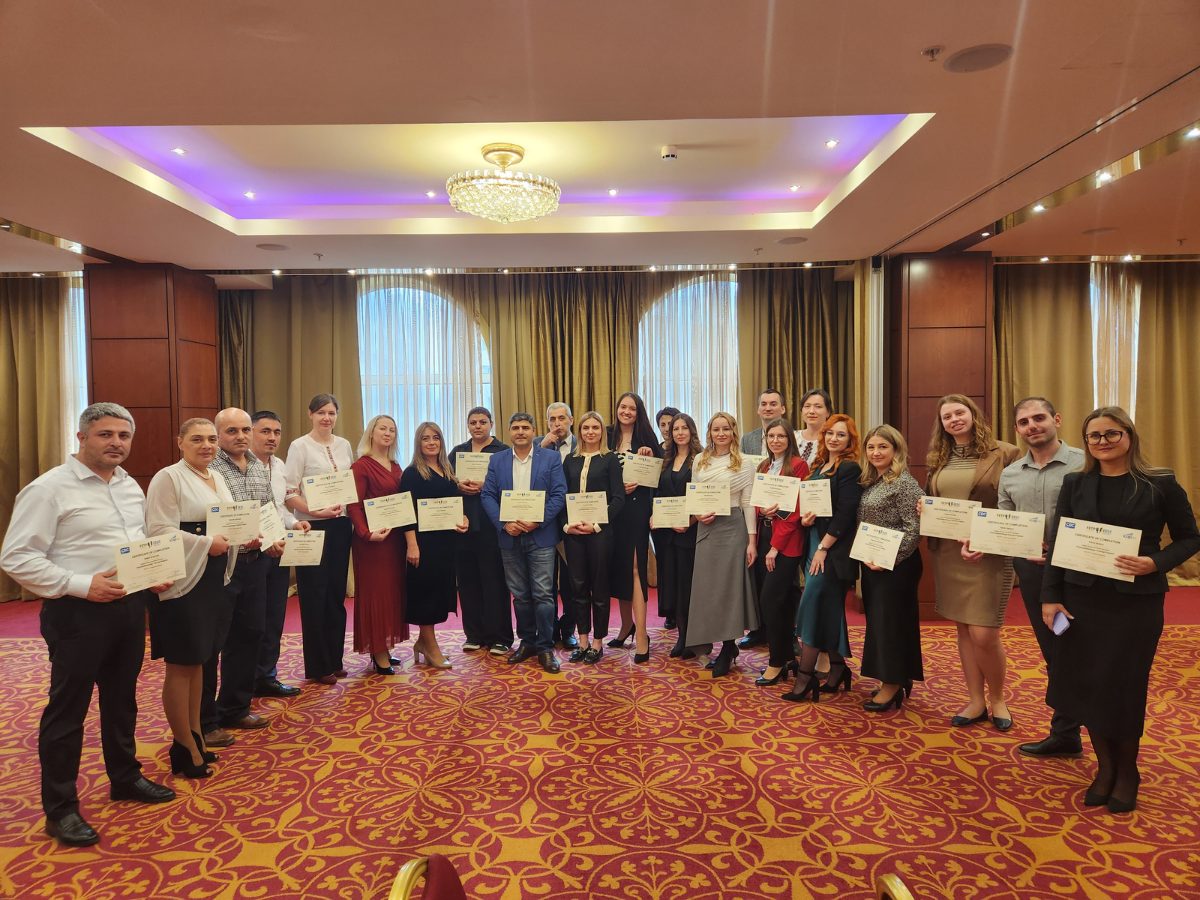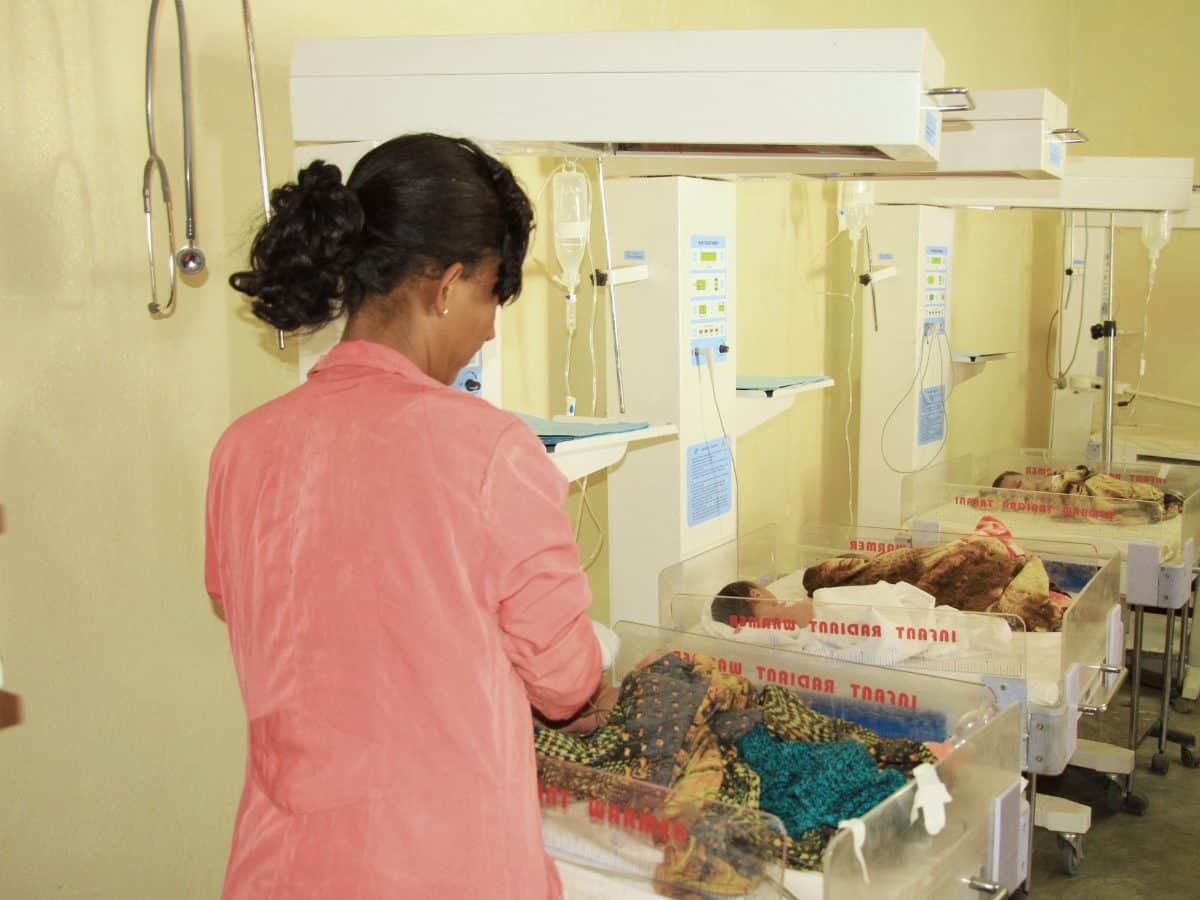A recent issue of _The Lancet_ features a new USAID-supported ICAP initiative, Situkulwane Lesiphephile (Safe Generations), which will assess HIV treatment options for pregnant women in Swaziland.
Although most HIV-positive women in Swaziland receive some form of treatment for the prevention of mother-to-child transmission (PMTCT) of HIV, data indicates that transmission continues to occur. In a continued effort to mitigate the epidemic, the Swaziland government is partnering with ICAP to test a new approach to HIV treatment and prevention in pregnant women.
Situkulwane Lesiphephile will compare the outcomes of two different PMTCT approaches, Option A and Option B+. Option A is the current standard of care and offers two different ARV regimens dependent on the mother’s CD4 cell count. With Option A, women with low CD4 counts initiate antiretroviral therapy (ART) while healthier women receive a prophylaxis regimen of twice daily azidothymidine (AZT) during pregnancy and daily nevirapine (NVP) to the baby throughout breastfeeding. By comparison, Option B+, recently endorsed by the World Health Organization, initiates _all_ pregnant women with HIV on lifelong ART regardless of their CD4 count.
This study will test whether the simplified Option B+ results in differences in rates of infant HIV infection and mother and child retention in care. Findings from the study will provide evidence on whether outcomes are improved with Option B+ and will inform future policy in Swaziland. “Scaling up clinical capacity to do B+ or B has the potential to greatly expand access to ART,” explains Elaine Abrams, the principal investigator of the ICAP study. “This could be the turning point in the epidemic.”
“Read the full article”:http://www.thelancet.com/journals/lancet/article/PIIS0140-6736%2813%2960033-1/fulltext?elsca1=ETOC-LANCET&elsca2=email&elsca3=E24A35F








